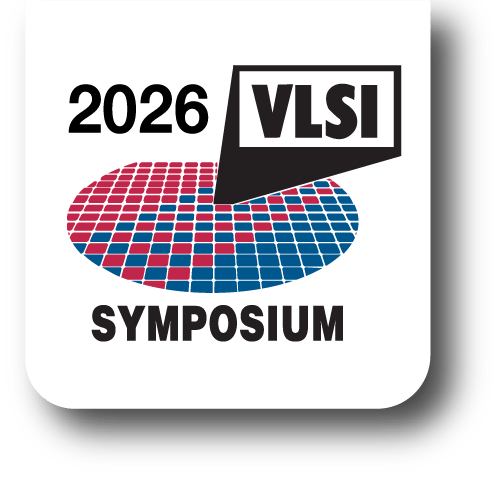HILTON HAWAIIAN VILLAGE
HONOLULU, HAWAII
JUNE 14-18, 2026
ADVANCING THE AI FRONTIER
through VLSI innovation
2026 IEEE/JSAP SYMPOSIUM ON VLSI TECHNOLOGY AND CIRCUITS
Advancing the AI Frontier through VLSI Innovation
Add this year’s event to your calendar:
Microsoft Outlook Calendar | Google Calendar | Apple Calendar
The five-day event will include:
- Plenary Sessions, Technical Sessions
- Evening Panels
- Short Courses
- Workshops
- Demo Session for Outstanding Papers
- SSCS / EDS Women in Engineering & Young Professionals events
The Symposium will feature selected presentations and panel sessions as well as advanced VLSI technology developments, innovative circuit designs, and the applications they enable, such as artificial intelligence, machine learning, IoT, wearable/implantable biomedical applications, big data, cloud / edge computing, virtual reality (VR) / augmented reality (AR), robotics, and autonomous vehicles.

SYMPOSIUM CHAIRS
Ron Kapusta, Analog Devices
Vijay Narayanan, IBM T.J. Watson Research Center
SYMPOSIUM CO-CHAIR
Sugako Otani, Renesas Electronics Corporation
Kazuhiko Endo,
Tohoku University
PROGRAM CHAIRS
Benjamin Colombeau, Applied Materials
John Wuu, Advanced Micro Devices
PROGRAM CO-CHAIRS
Makoto Takamiya, The University of Tokyo
Masaharu Kobayashi, The University of Tokyo





